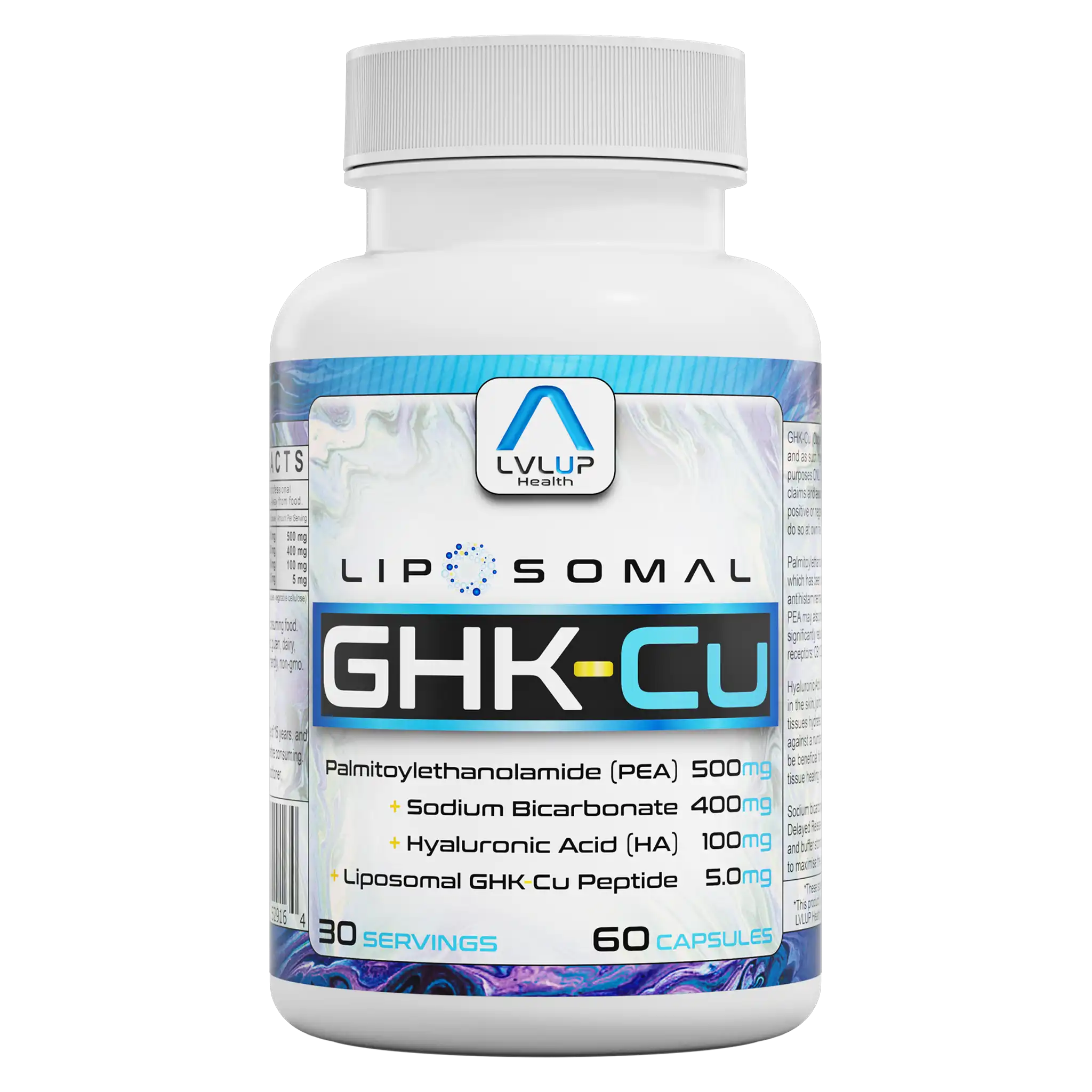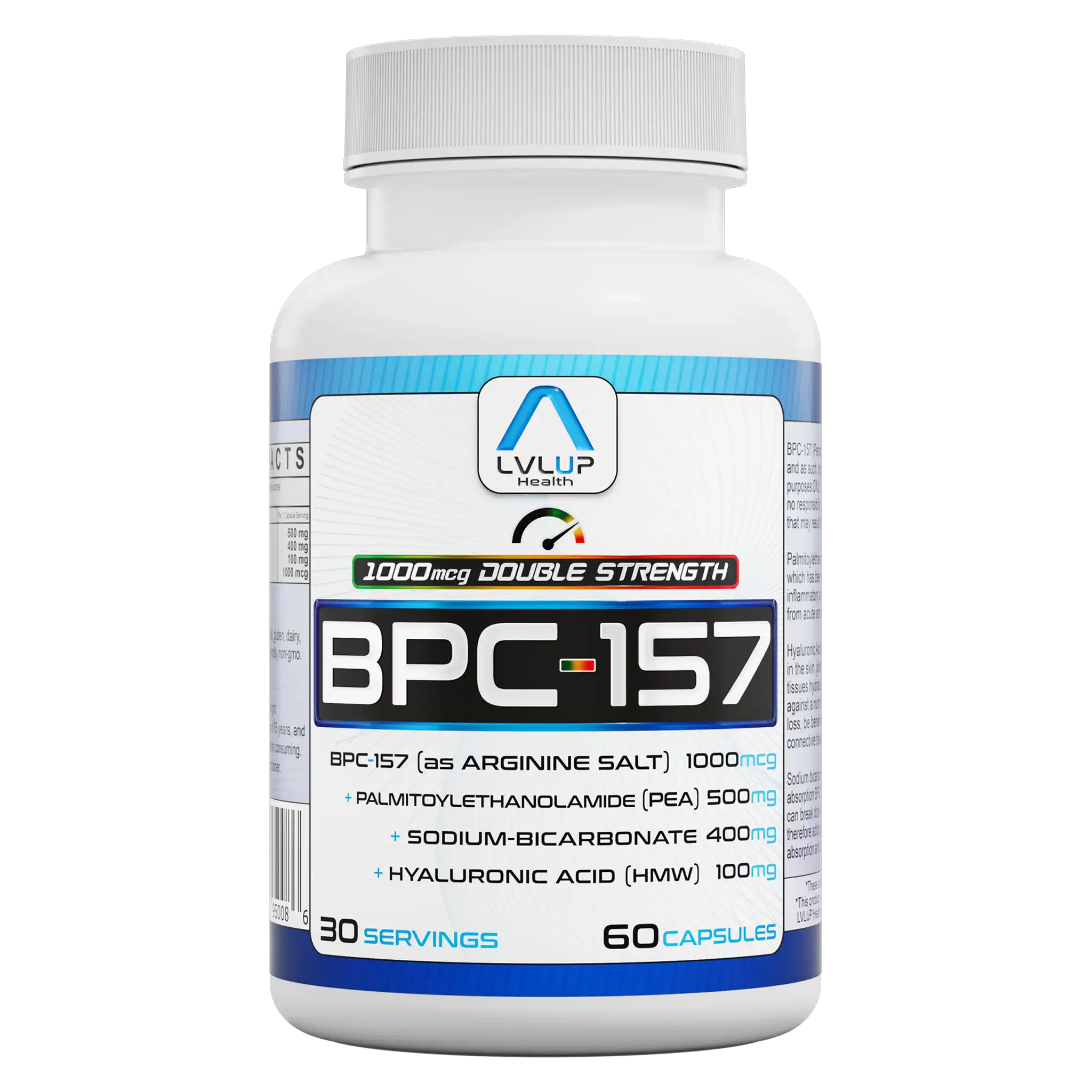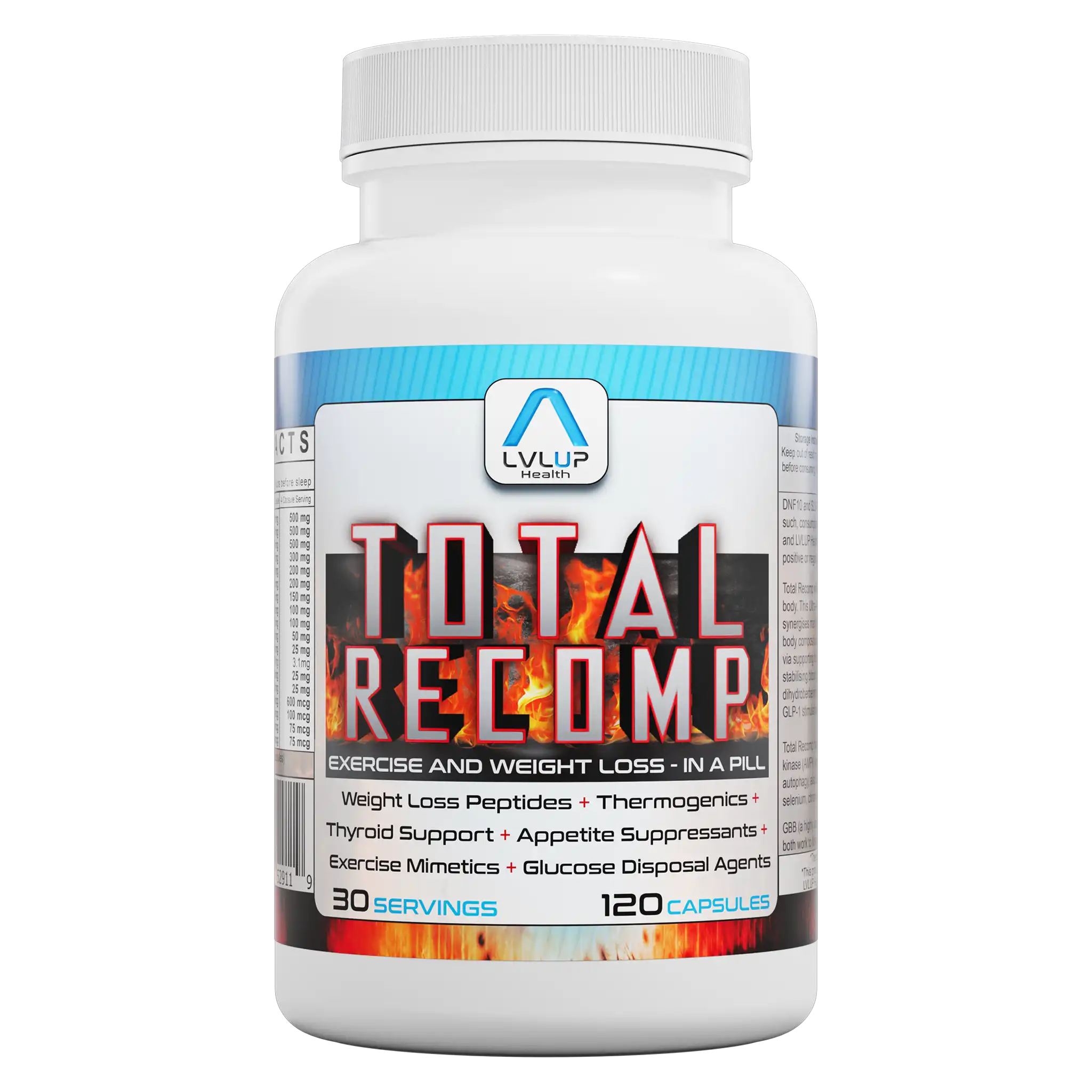Holy Basil
About Holy Basil
Traditional and Modern Uses
Holy Basil stands out as a staple in both traditional herbal practices and contemporary biohacking circles. The plant’s leaves, with their distinctive aroma, have been used for generations to encourage a sense of balance. As an adaptogen, Holy Basil is believed to help the body adjust to physical and emotional stress. It works by engaging with your endocrine system – particularly the adrenal glands – which helps regulate how your body produces and releases stress hormones like cortisol.
Supplement Combinations
You’ll often find Holy Basil in supplements that aim to support cognitive clarity, steady mood, and daily resilience. In these formulations, Holy Basil sometimes teams up with other adaptogenic botanicals such as Ashwagandha or Rhodiola. This pairing reflects a broader industry trend toward holistic support for both mind and body. Many users say they feel more at ease and able to maintain sharper focus when using products that include Holy Basil.
Practical Applications
If you’re seeking supplements that address metabolic health or help your body handle daily stressors, look for formulations featuring Holy Basil. Its adaptogenic properties make it a cornerstone in products focused on mental performance, immune support, and energy stability throughout the day. It’s particularly common in complex blends designed for those balancing demanding work schedules or intense training regimens.
Product Inclusion
In LVLUP Health’s portfolio, you’ll see Holy Basil featured in formulas such as Total Recomp – a metabolic support supplement aiming at fat metabolism, insulin sensitivity, and thyroid function. While benefits will depend on your personal routine and needs, many industry insiders value Holy Basil for its versatility and gentle yet noticeable presence in multi-ingredient blends.
Found In
Formulated With
Detailed Information
Bioactive Compounds
Ocimum tenuiflorum (Holy Basil) contains bioactive compounds such as eugenol, ursolic acid, rosmarinic acid, apigenin, and various flavonoids. The adaptogenic effects have been attributed primarily to their modulation of glucocorticoid signaling pathways via HPA axis interaction.
Mechanisms of Action
Preclinical evidence suggests inhibition of lipid peroxidation and normalization of plasma corticosterone levels during stress exposure. Some in vitro studies show anti-inflammatory potential by downregulating pro-inflammatory cytokines (TNF-α, IL-6). Mechanistically, Holy Basil extracts may also modulate glucose uptake through AMPK activation pathways and enhance mitochondrial biogenesis markers in peripheral tissues.
Research and Potential Benefits
Early-stage clinical investigations report improved cognitive flexibility and reductions in subjective measures of stress; however, large-scale randomized controlled trials remain limited. The ongoing research highlights the potential of Holy Basil as part of a comprehensive approach to stress management and cognitive support.





